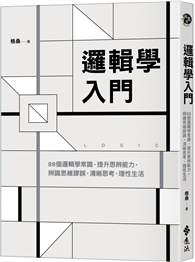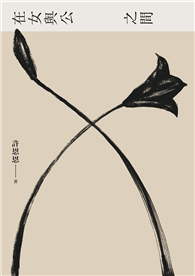This cross-disciplinary book engages with the provocation, "Is lesbian identity obsolete?". In this volume, researchers offer diverse perspectives on the question of lesbian identity past, present, and future. This eclectic, multidisciplinary compilation composed of chapters and shorter commentaries helps readers understand the roots of conflict and current tensions between the queer and the trans movements and the lesbian community.
Using a historical lens, authors examine the 1970s lesbian communities’ practices of racial and trans inclusion and exclusion. Several contributions from across the social sciences utilize qualitative and quantitative methods to illuminate the shifting meaning of lesbian identity today. These contributions help explain why some cis and trans women and nonbinary folx come to either be attached to or disavow lesbian identification. An additional set of chapters engage in theoretical analysis to explore the fraught relationship between queer theory and lesbian thought and the importance of lesbian theory in the formation of transgender scholarship. This collection’s eclectic engagement with the question of lesbian identity’s obsoleteness helps draw an ethical blueprint for a more sustainable, inclusive, and coalitional future for lesbian communities and identities.
This book will be of great value to students, researchers and scholars in the fields of Sociology, Psychology and Anthropology including Gay and Lesbian studies as well as the intersectionality of gender and sexuality. The chapters in this book were originally published in the Journal of Lesbian Studies.












